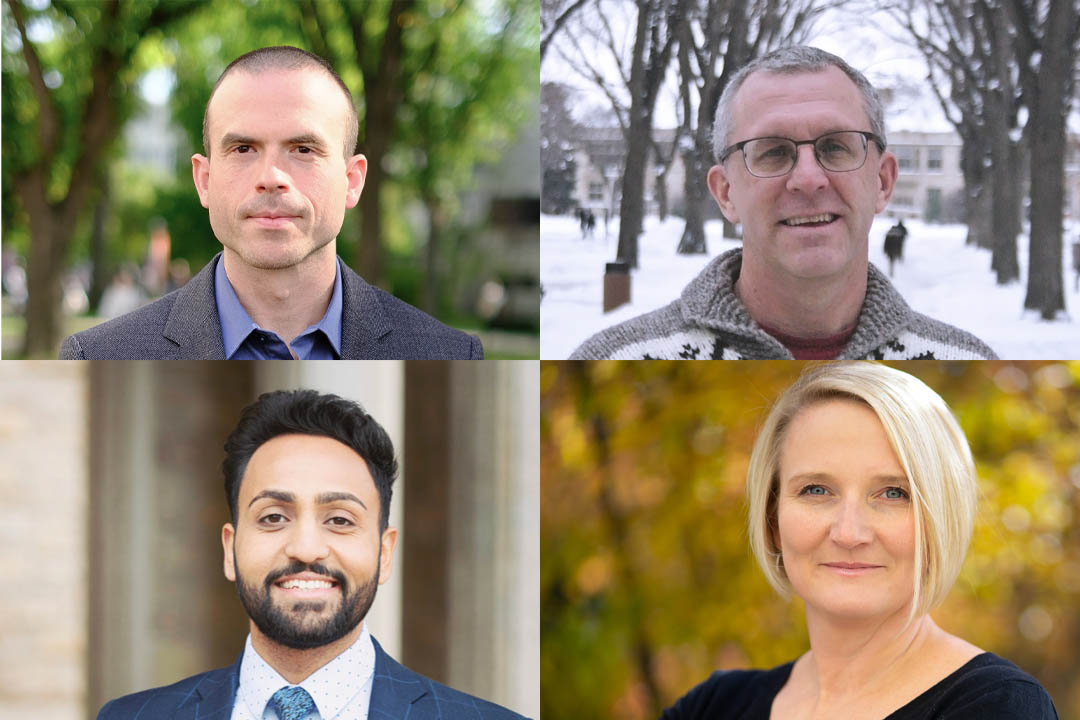
Four USask educators recognized for heightening student experiences
Lieutenant Governor’s Post-Secondary Teaching Award winners selected from across campus.
By John GraingerWhat is the Lieutenant Governor’s Post-Secondary Teaching Award? This award recognizes post-secondary educators who have displayed excellence in teaching and learning through a commitment to high-quality student learning experiences and a demonstrated record of innovation, leadership, and commitment to student learning and success. The award, established in 2023, recognizes post-secondary educators in Saskatchewan who have displayed excellence in teaching, primarily at the undergraduate level.
Innovative Teaching Award – Dr. Ben Hoy (PhD) (Department of History, College of Arts and Science)
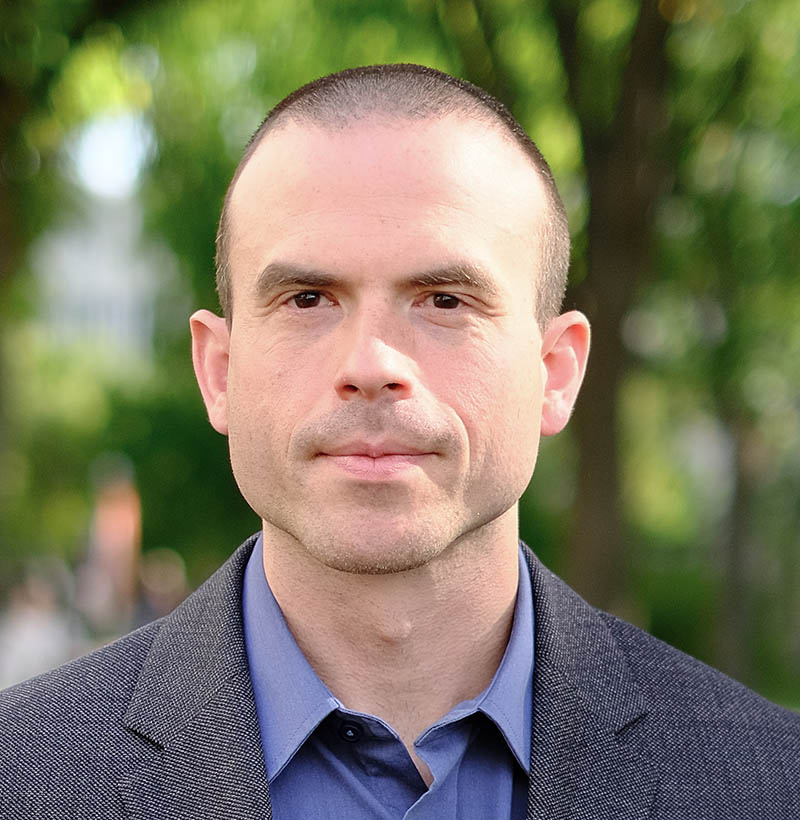
This award recognizes excellence in andragogical (adult learning) innovation. In the context of this award, andragogical innovation may refer to several innovative practices, including but not limited to the innovative use of technology; innovative approaches to andragogy that support equity, diversity, inclusion, and accessibility; innovative practices for the Indigenization of curriculum and instruction; innovative assessment practices; and innovative approaches to student engagement.
What does winning this award mean to you? This award means the world to me. When I started out as a teacher, I was anxious to deviate in any way from the standard kinds of lectures I had grown up seeing. My colleagues in the history department quickly broke me of my fears. Throughout my career they have encouraged me to experiment with games, escape rooms/puzzle boxes, and digital learning methods.
To receive a teaching award for teaching innovation after being scared to experiment at all is a joy to me, in part because it is a tangible reflection of the power that mentorship and community have on a career. Although awards are often thought of as individual accomplishments, I think they are better reflections of larger teams and communities. So, I hope my colleagues in history see this award not as a personal accomplishment, but as a communal one.
How does student success influence the way you teach? Student success is one of the driving forces behind how I approach teaching. I first got interested in games and interactive activities as teaching tools because I was failing as a teacher. Early in my career I was developing lectures on topics like smuggling, discrimination, agency, the gaps in archival records, and writing skills. Despite long nights trying to make my lectures as engaging and rewarding as possible — and being blessed with classrooms filled with humble, hardworking, and intellectually gifted students — I came up short week after week. Students grasped the broad concepts, but always seemed disconnected from the larger lessons. So, I experiment with my approach. Whatever I tried seemed unlikely to go worse than what I was currently doing.
I began to build custom-built board games, escape rooms, and puzzle boxes to teach the parts of history I struggled to teach the most. Most of my games are rudimentary and I struggled with graphical design and balancing, but the games I built always seemed to go over better than my lectures did.
Student showed more interest in learning about boring topics (citations, writing skills, etc.) when presented as a game rather than a lecture. More importantly, games allowed students to engage with history in a more visceral way. They experienced frustration, disrespect, and uncertainty within a game environment in ways that are not possible in lectures. Policing the Sound, one of the first games I ever built, allowed students to play as smugglers and customs agents in the 19th century, a time when federal policy incentivized board guards to focus their attention on large ports cities and when public sentiment saw smuggling as a venial offence. By building a game that mimicked these constraints, beliefs, and opportunities, students got to compare their own choices to the ones people made a hundred years ago. Years later, I still have students coming back to talk to me, sheepishly admitting that they only remember the broad strokes from my lectures but who can recite with impressive detail the lessons they learned from my games.
How do you continue to grow and continue to enhance your teaching methods? I have grown most as a teacher by asking for help. I am rarely the smartest person in the classrooms I teach in, and I frequently ask students, faculty, and staff for advice and support. Over the years this has grown in formal ways. This coming semester, for example, I’m teaching a course where the students and I will spend the entire semester building a game together. This is an opportunity for students to learn about the past and conceptualize how to teach complex topics to popular audiences, but it is also an opportunity for me to learn from bright and talented students whose skills often exceed my own.
Indigenous Teaching Excellence Award – Dr. Colin Laroque (PhD) (Department of Soil Science, College of Agriculture and Bioresources)
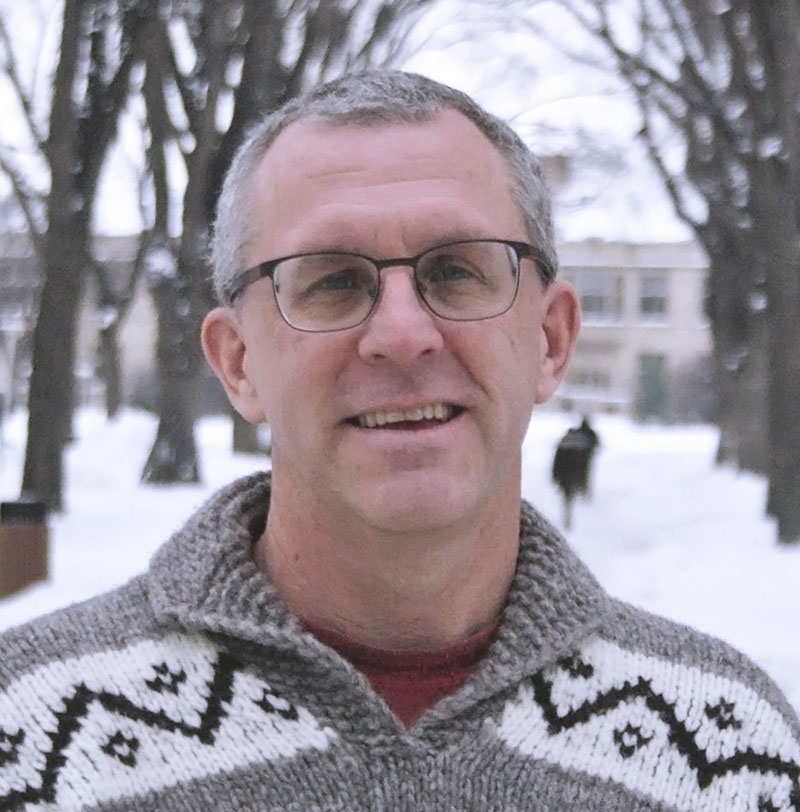
This award recognizes a First Nations, Métis or Inuit educator who maintains a mastery of subject areas and has made a significant impact to curricula with the inclusion of First Nations, Métis and Inuit content, perspectives, and ways of knowing. An individual nominated for this award will be recognized by students, staff, and community members as an exemplary Indigenous educator who demonstrates exceptional commitment to lifelong learning, andragogical (adult learning) engagement and teaching, fosters pathways to student success, acknowledges the importance of Indigenous language revitalization, and is impacting systemic changes by exemplary teaching and leadership.
What does winning this award mean to you? This is an interesting question. Having a First Nation Lieutenant Governor finally allows for the century of fighting against the traditional colonial system of university teaching to be recognized. That means a lot to me. Being forced to swim against the current in teaching methods for what I believe in, has been difficult. By being recognized for what I have done in the past by the Lieutenant Governor’s Indigenous Teaching Excellence award, helps me to keep going forward. Many times in my career, it would have been easier to turn and float downstream, but the stubborn pride instilled in me growing up has allowed me to continue to challenge a colonial system.
How does student success influence the way you teach? All university instructors should teach to share with others. I am no different. If I share well, my students have success. I was taught to share by my elders and my family. I use the same way I was taught to share with my students. If the students are not successful, then I have not shared properly.
How do you continue to grow and continue to enhance your teaching methods? I share with my students. If I am sharing poorly, they tell me, and I share better. Caring for my students forces me to constantly enhance my teaching methods, lecture by lecture, week by week, term by term.
Distinguished Teaching Award – Shannon Forrester (College of Kinesiology)
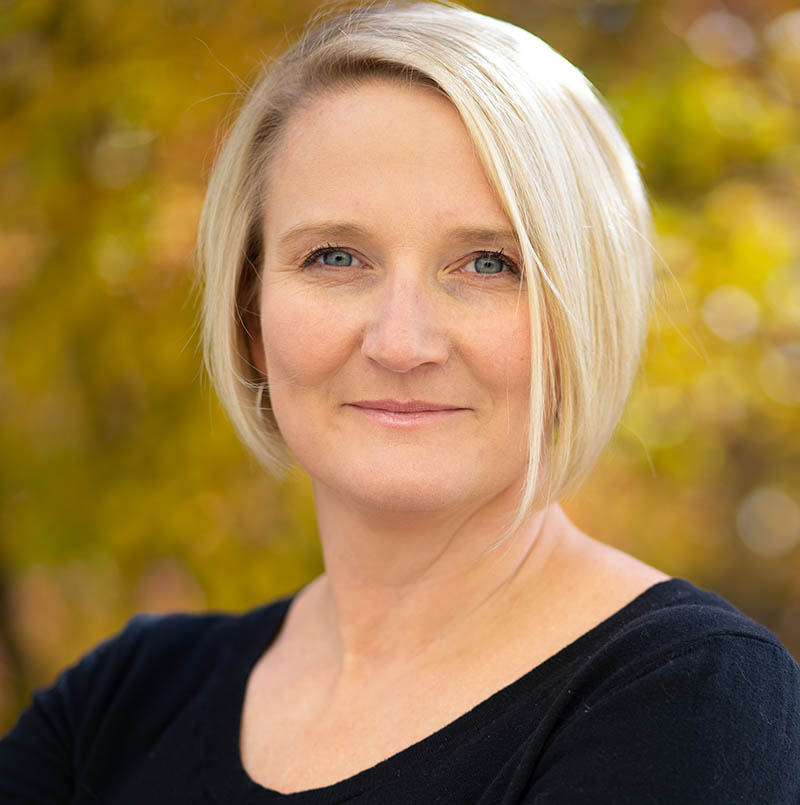
This award recognizes a distinguished individual who shows commitment to teaching and student success, excellence in teaching practices that reflects the highest standards of andragogy (adult learning), a record of outstanding teaching effectiveness, effective course design or program development, and the ability to foster critical thinking and problem-solving skills.
What does winning this award mean to you?
Winning the Lieutenant Governor’s Distinguished Teaching Award is a profound honour. It is an acknowledgement of my dedication to teaching and validates my commitment to ignite curiosity and foster a love of learning. This recognition inspires me to continue to strive for excellence in teaching and to empower students not only as learners, but as advocates for personal and societal health and well-being.
How does student success influence the way you teach?
Student success is at the heart of my teaching philosophy. Seeing students gain confidence and achieve their goals motivates me to continuously improve my methods and to create an inclusive, supportive environment where every student can thrive. It's amazing how moments of student success can reignite my passion and remind me of the impact I can have as a teacher.
How do you continue to grow and enhance your teaching methods?
The two pillars that guide my growth as an educator are a commitment to self-reflection and embracing the mindset of a lifelong learner. Reflecting on student feedback and the day-to-day classroom experience helps inform the evolution of my teaching strategies. I am always looking to incorporate new knowledge, skills, or technology in the classroom. By staying current and incorporating best teaching practices, I ensure that my teaching remains effective and relevant. Throughout my career, from starting as a sessional lecturer to my current faculty position as a lecturer, the College of Kinesiology has always supported my desire to continually develop as a teacher. They have encouraged my ongoing work with the Gwenna Moss Centre for Teaching and Learning as well as collaborations with colleagues throughout the university. This has provided diverse perspective, fresh ideas, and has been a highlight of my teaching journey.
Equity, Diversity, and Inclusion Teaching Award – Dr. Amrinderbir Singh (DDS) (College of Dentistry)
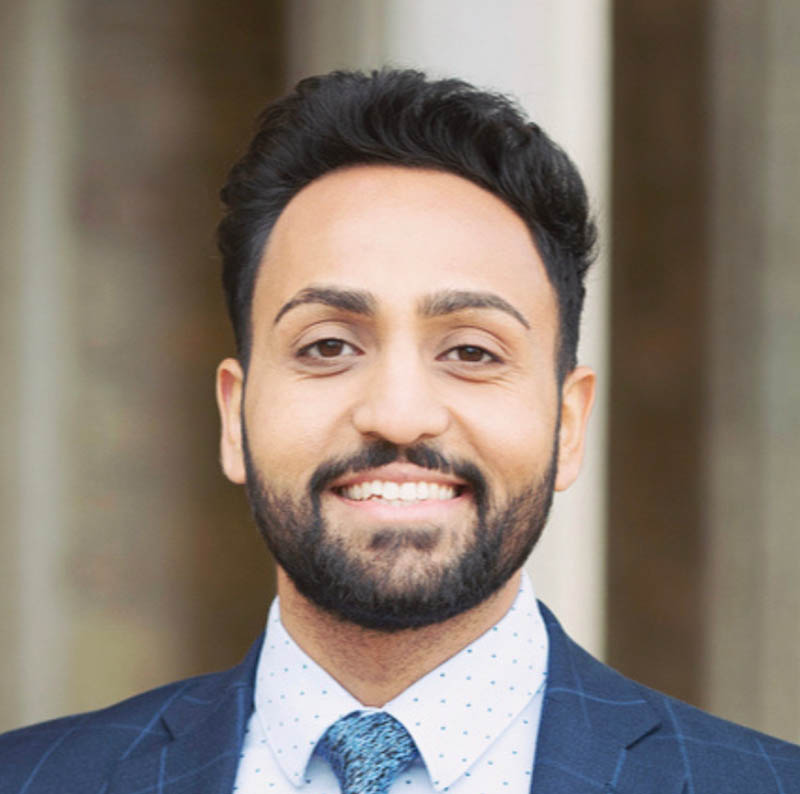
This award recognizes an individual who promotes and advances the principles of equity, diversity, inclusion, and accessibility in teaching and learning. An individual nominated for this award should demonstrate a proven commitment to respect and inclusivity in instructional practice and utilizing intercultural communication in all learning environments.
What does winning this award mean to you?
Winning is both an honour and a responsibility. It acknowledges the importance of fostering educational spaces where equity, diversity, and inclusion are not just principles, but practices that shape the learning experience. For me, this award reaffirms that creating inclusive classrooms and empowering students to embrace their identities while valuing others’ perspectives has a lasting impact. It symbolizes the potential of education as a tool for systemic change—bringing people together, inspiring dialogue, and building bridges across differences. This recognition strengthens my resolve to continue this work, ensuring that the transformative power of education reaches every learner.
How does student success influence the way you teach?
Student success profoundly shapes my teaching philosophy. I focus on creating environments where learning happens collaboratively, where students engage not only with course material but also with each other and their communities. Success is not solely about mastering technical skills; it’s about cultivating empathy, critical thinking, and a sense of responsibility to those we serve. For example, witnessing students connect their learning to real-world challenges, such as addressing barriers to oral health care or understanding social determinants of health, inspires me to deepen these connections in my teaching. Watching them grow in their professional education journey is inspiring and a continual reminder of my purpose as an educator.
How do you continue to grow and enhance your teaching methods?
My growth as an educator is rooted in a commitment to learning alongside my students. I actively seek feedback, whether through classroom discussions, evaluations, or reflective practices, to adapt my methods to meet my learners’ needs. Staying connected to the latest research in education and participating in interdisciplinary collaborations allow me to bring fresh ideas and approaches to my teaching. My professional experiences in public health dentistry also inform my methods, connecting technical expertise with broader social and cultural contexts. Above all, I strive to model the values I teach—openness, respect, and a dedication to lifelong learning—so that my students and I continuously grow together.
Together we will support and inspire students to succeed. We invite you to join by supporting current and future students' needs at USask.

